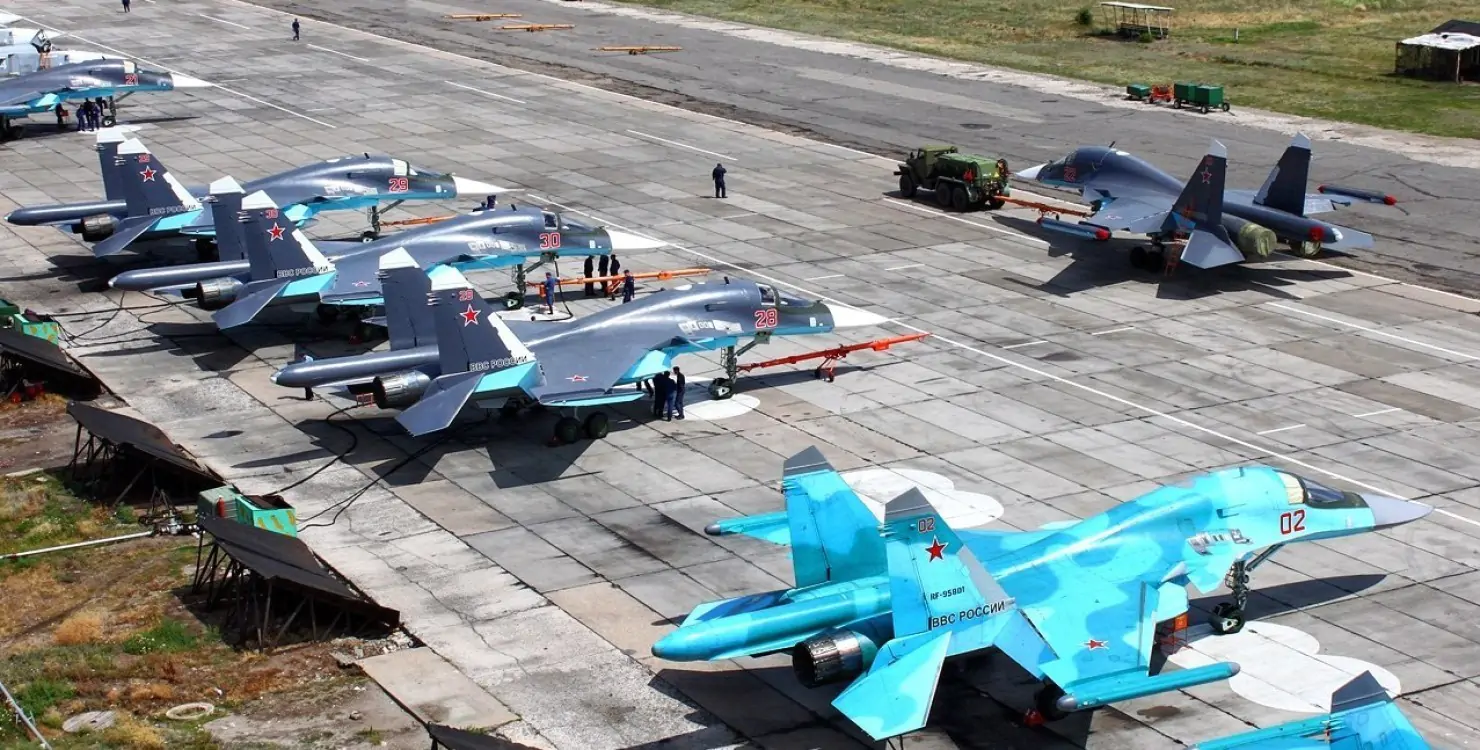Western countries and Russia crossed swords on Monday at a chemical arms control meeting, with a US official saying it was "appalled" by Moscow's alleged use of a banned riot control gas in Ukraine.
The Organisation for the Prohibition of Chemical Weapons (OPCW) a week ago said CS riot gas had been discovered in shell and soil samples, given to it by Kyiv. The samples were taken from the zone where Ukraine was battling Russian forces.
JOIN US ON TELEGRAM
Follow our coverage of the war on the @Kyivpost_official.

The Hague-based OPCW's convention bans the use of CS gas and other toxic weapons in war zones. The watchdog did not identify the gas' origin.
“I remain appalled by the scale and frequency of Russia's use of riot control agents as a method of warfare against Ukrainian forces,” said Bonnie Jenkins, US Under-Secretary for Arms Control and International Security.

Russia’s Plan for Moldova: a Test of Western Resolve
Russia's use of so-called riot control agents (RCAs) on the battlefield "and unlawful war against Ukraine has been no secret,” Jenkins told delegates at the OPCW's annual meeting.
“It is well documented not only by Ukraine, but also by NGOs, journalists and even Russian troops and state media,” Jenkins said.
Both Russia and Ukraine have accused each other of using chemical weapons in the nearly three-year-long conflict, with Kyiv's Western allies likewise claiming Moscow has employed banned weapons.
Last week's revelation by the OPCW documented the first use of riot control gas in areas where active fighting was taking place in Ukraine.
“Russia had once lied when it said it had no intention in invading Ukraine. It also lied when it said it was not using riot control agents in violation of the convention,” said Jenkins.
Russia's representative Kirill Lysogorsky hit back, saying “the collective West is trying to settle scores with countries it deemed undesirable.”
“The Kyiv regime continues to systematically use toxic chemicals and RCAs against the armed forces of the Russian Federation and the civilian population,” Lysogorsky said.
But the EU on Monday also said it was deeply worried that CS gas was used in Ukraine and it called for the swift identification of those responsible.
“We are hoping for a timely attribution of the RCA munition collected,” EU special envoy Stephan Klement told delegates.
“Russia has not provided any credible answers... on the growing number of reported uses of Riot Control Agents as a method of warfare by its forces in Ukraine.”
The OPCW's Chemical Weapons Convention strictly bans the use of riot control agents including CS, a type of tear gas, outside riot control situations when it is used as “a method of warfare.”
CS gas is non-lethal but causes sensory irritation including to the lungs, skin and eyes.
You can also highlight the text and press Ctrl + Enter






